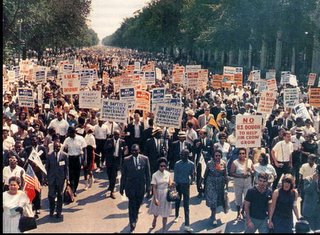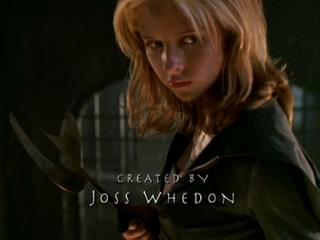Emma Goldman: Feminist of the Day?
 | "If I can't dance to it, it's not my revolution." |
Oh Emma Goldman, most misquoted feminist ever. This is the original:
At the dances I was one of the most untiring and gayest. One evening a cousin of Sasha, a young boy, took me aside. With a grave face, as if he were about to announce the death of a dear comrade, he whispered to me that it did not behoove an agitator to dance. Certainly not with such reckless abandon, anyway. It was undignified for one who was on the way to become a force in the anarchist movement. My frivolity would only hurt the Cause.Somewhere on the internet (and my googling powers are not enough to find the article again), there is an account by the woman who is responsible for this persistant misquoting. In the late 1960s she was talking to a friend of hers who produced left-wing t-shirts or posters, or some such item, and they were saying they didn't have any women for these posters. She was doing some research on Emma Goldman at the time, so she gave him this quote. The orignal quote didn't fit on his merchandise, so he paraphrased.
I grew furious at the impudent interference of the boy. I told him to mind his own business. I was tired of having the Cause constantly thrown into my face. I did not believe that a Cause which stood for a beautiful ideal, for anarchism, for release and freedom from convention and prejudice, should demand the denial of life and joy. I insisted that our Cause could not expect me to become a nun and that the movement would not be turned into a cloister. If it meant that, I did not want it. "I want freedom, the right to self-expression, everybody's right to beautiful, radiant things." Anarchism meant that to me, and I would live it in spite of the whole world— prisons, persecution, everything. Yes, even in spite of the condemnation of my own closest comrades I would live my beautiful ideal.
This mix of mythologising and tokenism is, unfortunately, very common when it comes to Emma Goldman. She lived an amazing life, there's no doubt about it, from her work organising her follow machinists in a factory, to her opposition to World War One, to her speaking. I don't blame anyone, from Howard Zinn to friends of mine, to being interested in her, admiring her, and thinking that everyone should know about her. But she's the anarchist Rosa Luxemborg, the lone woman deemed worthy of joining the men. And I think that's a shame, because I think there are thousands of women who we can learn just as much from.
Conclusion: Go read more about her, she's really cool. Today I wrote about Emma Goldman as a t-shirt slogan (I have a similar rant about Che Guevara, but it's longer), but she is much, much, more interesting than that.


















